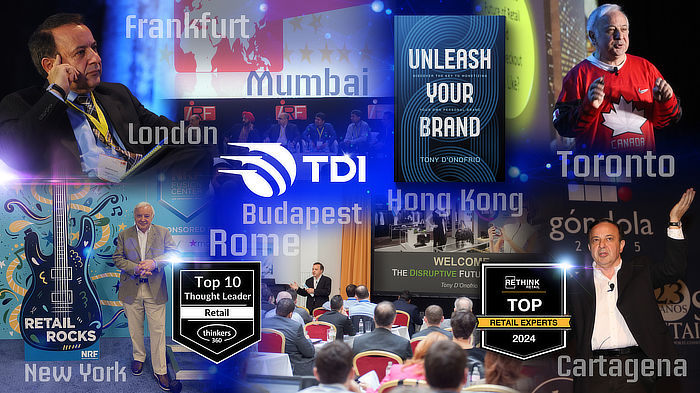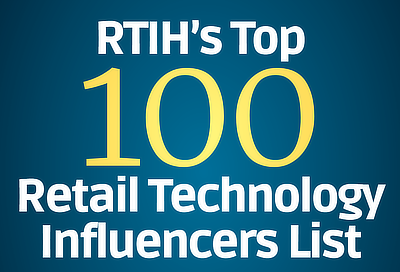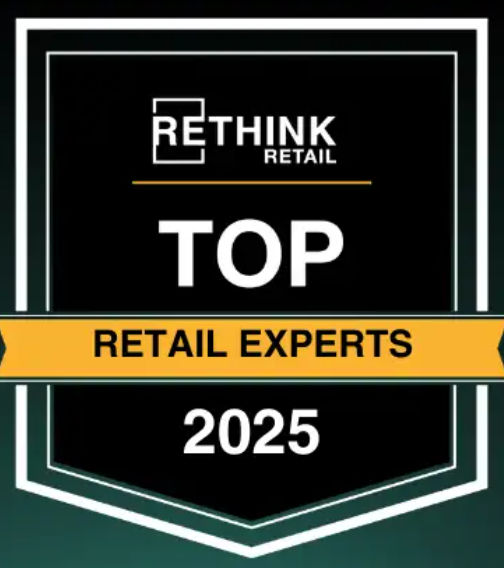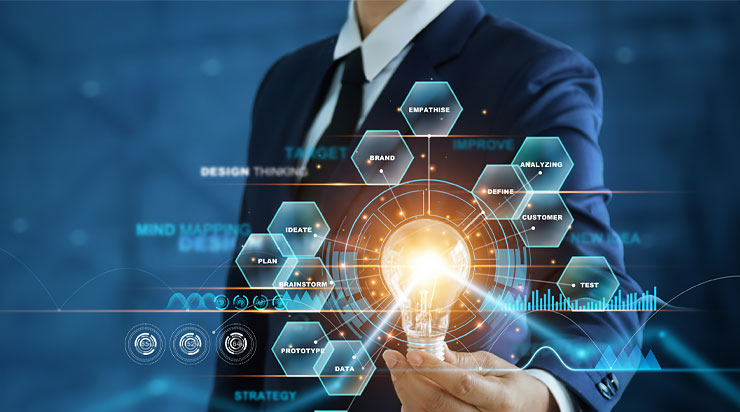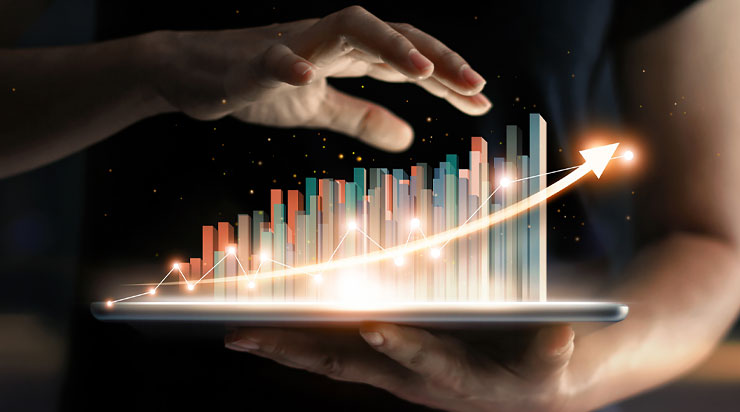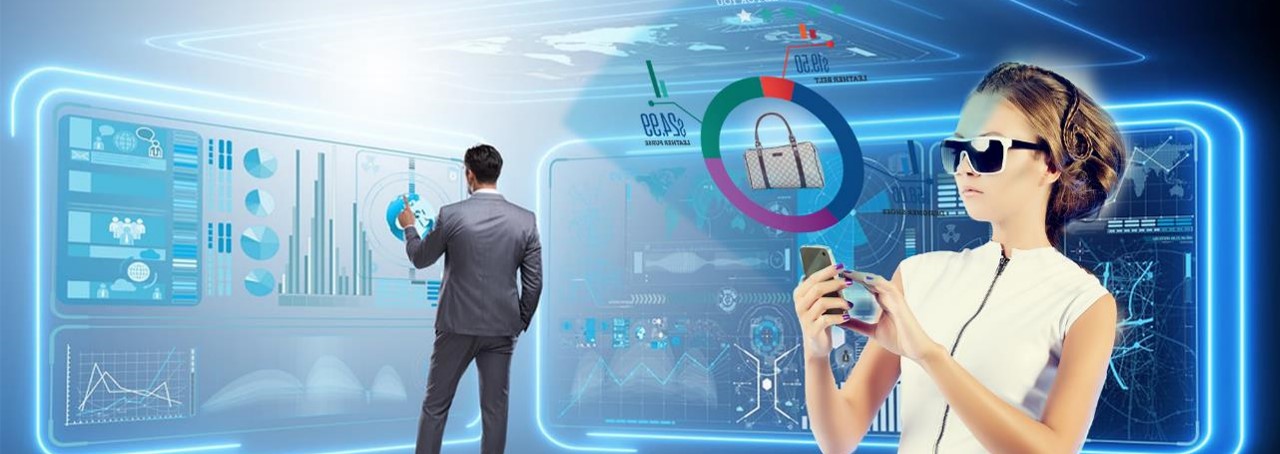
The past two weeks have been truly inspirational in activities of continuous learning and sharing knowledge that helps us all have a brighter retail future. The first week was the keynote delivery of my latest edition on ‘The Disruptive Future of Retail’ presentation. The venue was the beautiful PGA National Resort in Florita were 200+ IT professionals attended the Retail Technology Solutions Summit. Impressed by both the format and the engagement of the audience during, after my presentation, and throughout the conference.
The second week included the launch of my new webinar Retail Technology Series Series which focuses on disruptive retail technologies, new innovative retail revenue streams, and once in a while a check-in on the state of the industry. Over 400 people registered for the first episode which was titled ‘AI’s $9.2 Trillion Impact on Retail through 2029’.
Additionally, in the second week, I had the pleasure of joining senior retail leaders, solution providers, and academia members at the Consortium for Operational Excellence in Retail at Wharton, University of Pennsylvania. The 2023 edition included highly interesting research innovation topics plus some candid retailers’ reflections on the past 30 years and projections on the next 30 for the retail industry.
This article summarizes just a few of the charts included in the keynote at PGA National. If you would like a copy of the full presentation, reach out either on LinkedIn or through my personal website Contact Page.
The full presentation covers the latest global economic headwinds, the challenges facing retail, insights on why retail will continue to be resilient, the pace of technology innovation, the critical future retail technologies, the smarter store of the future, and as title implies, a review of the AI revolution that is underway, including its impact on the retail industry.
Global Headwinds Persist
Economic growth is slowing worldwide, with the greatest negative impact on advanced economies. The latest Euromonitor Global Economic Forecast has advanced economies growing only 0.8% as an aggregate in 2023 and not much better at 1.4% projected GDP growth in 2024.
The Ukraine war (including its risks discussed in the full presentation) and inflation are the greatest headwinds to global growth. In May, USA inflation dropped to 4% from the 40-year-old high peak of 9.1% reached in June 2022. The International Monetary Fund (IMF) projects 2023 inflation in USA to be 3.5%.
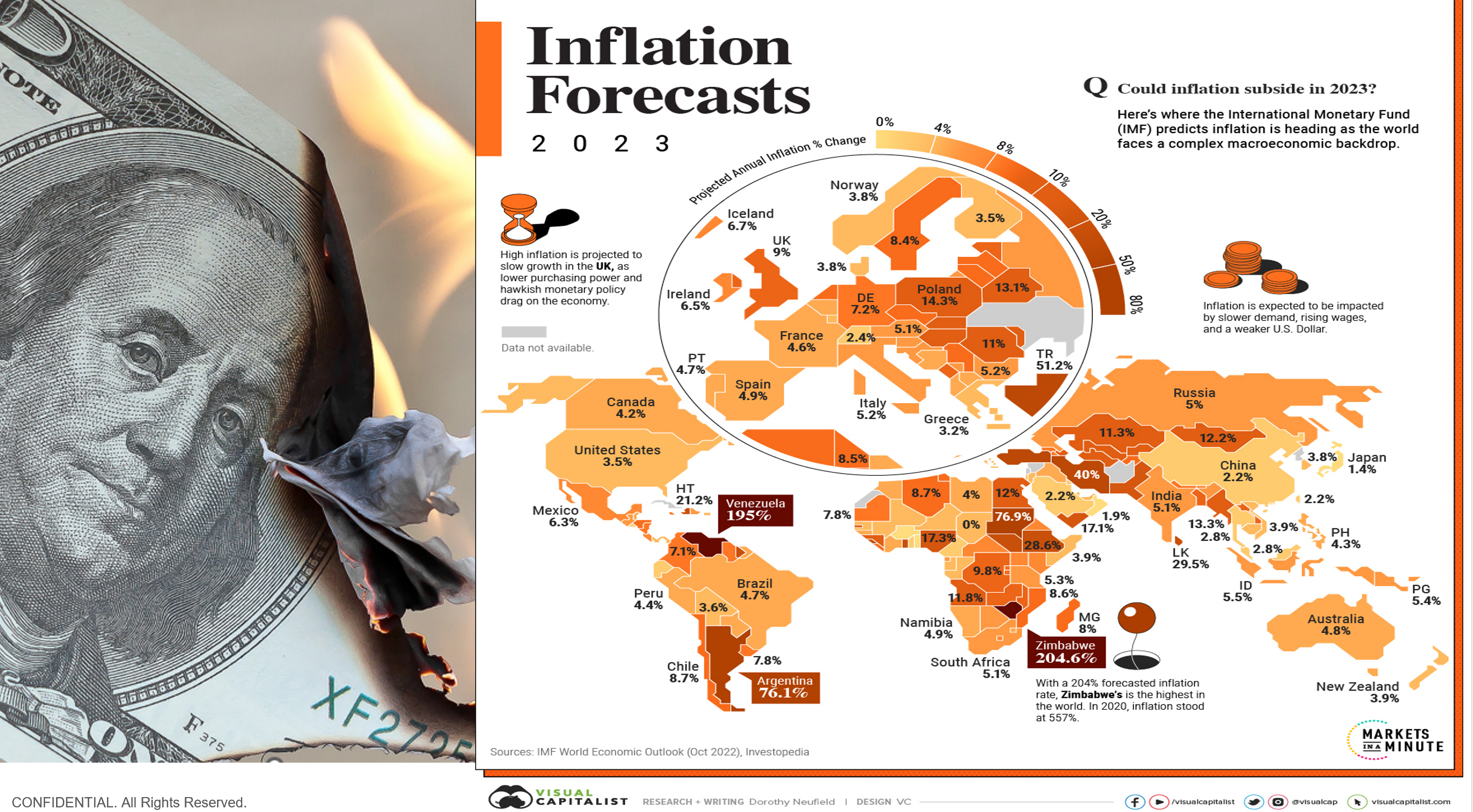
High inflation persists in major western countries such as the UK, but surprising low percentages can be found in places like Switzerland.
The retail industry is not immune from the impact of inflation. According to the IHL Group, Through May 2023, all USA sectors, excluding drug and pure play online are negative when inflation is factored into the latest data.
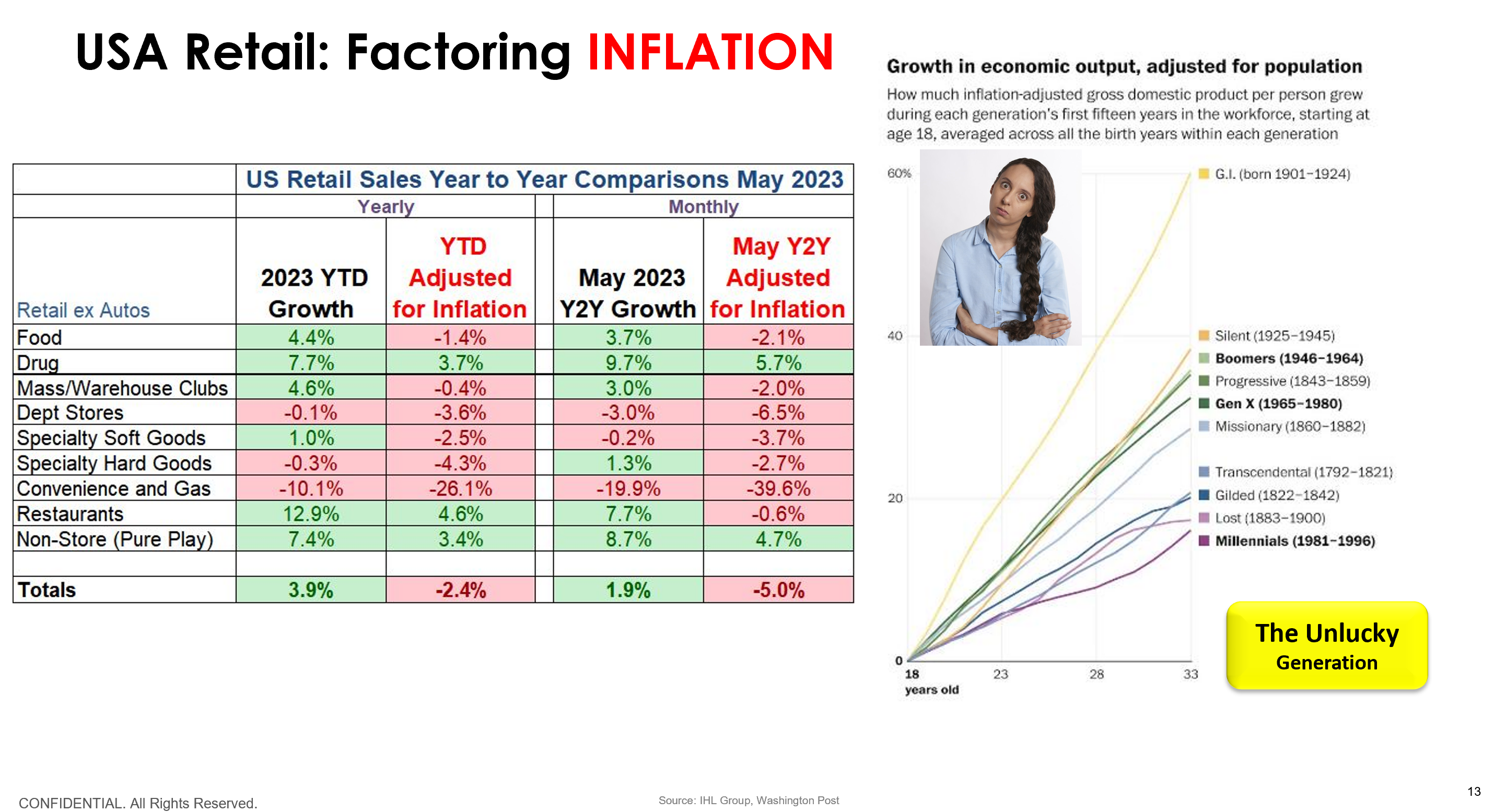
A reminder for the audience was that not all generations are impacted the same by economic headwinds. A Washington Post article named the millennials as USA's unluckiest generation. As the headline points out, millennials have faced the worst economic odds and many will never recover.
The Pace of Innovation Continues to Accelerate
As I explained in one of the charts in the presentation, post-World War II, retail has transitioned through three megatrends, each driven by technology disruption. As an industry, retail flourishes as part of an ecosystem of long waves innovation that are accelerating and each getting shorter over time.
Today's accelerated technology pace is being driven in my view by two technology platforms - the mobile internet and the Internet-of-Things.

By 2030, 64% of the global population will be connected to the mobile internet and 92% of those connections will be on smartphones. Over 30 billion Internet-of-Things (IoT) devices will connect to the ecosystem by 2025.
Interesting how long it took major technologies to reach 50 million users. As the world gets more connected, the pace of adoption of viral technologies is accelerating. In an audience poll, I asked my audience how long it took ChatGPT to reach 1 million monthly active users? The answer is only 5 days. Two months after launch, ChatGPT reached 100 million active monthly users.
The Retail AI Revolution
The buzz of Artificial Intelligence (AI) is everywhere and makes you think it is something new. The actual term AI was actually coined by John McCarthy of MIT (Massachusetts Institute of Technology) back in 1956.
Gartner's 2022 hype cycle on Artificial Intelligence has computer vision as the AI solution ready to be highly monetized in less than two years. Being very active with computer vision personally, I agree with Gartner's prediction.
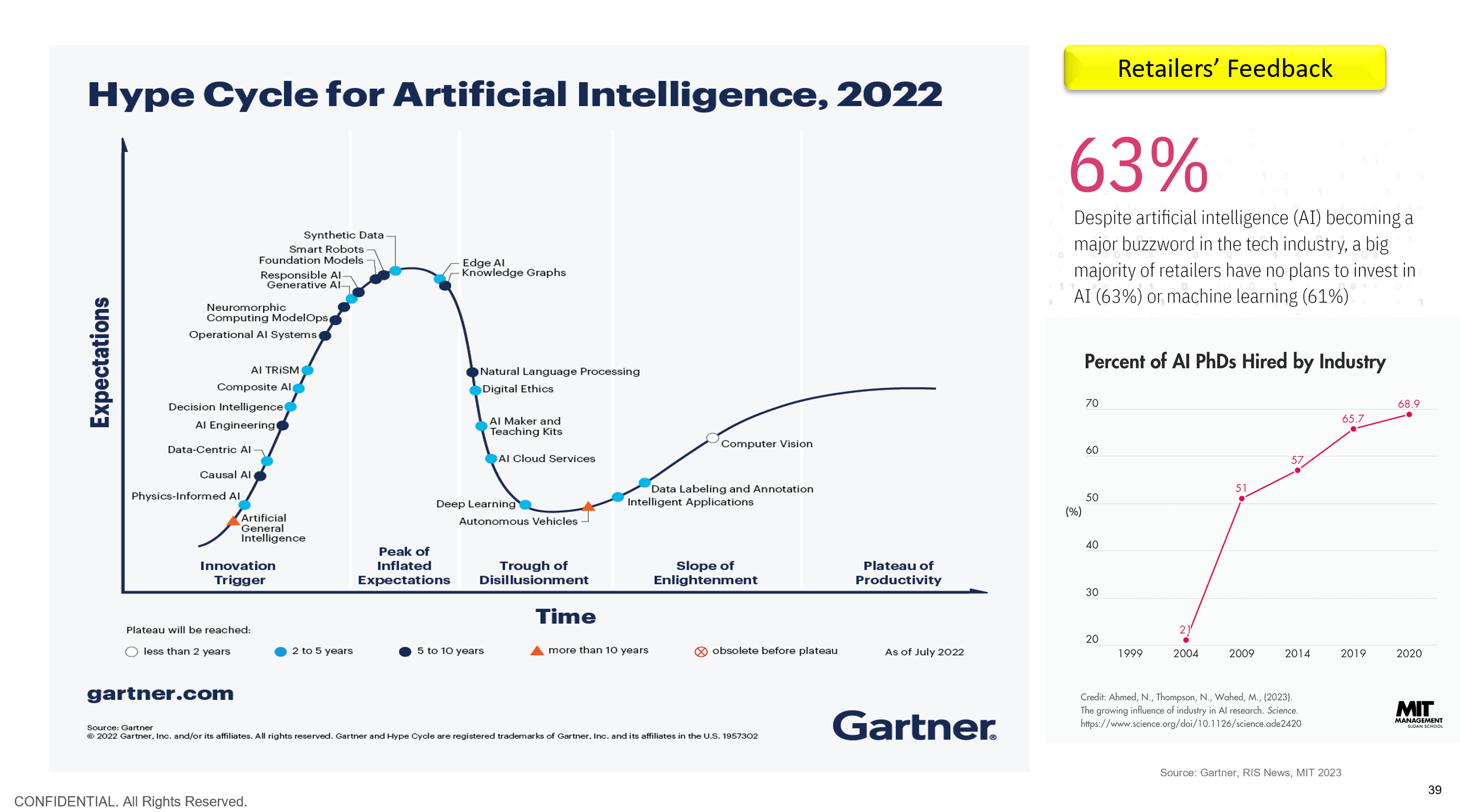
Interesting that in 2023, according to the latest RIS Retail Technology Study, 63% of retailers have no plans to invest in AI (63%) or machine learning (61%). As I pointed out to the audience, industry leaders, including many in retail, are no longer relying on solution providers to develop AI solutions. According to MIT, nearly 70% of AI PhDs are now hired by industries.
According to new research from the IHL Group, the worldwide retail AI economic impact through 2029 is a jaw-dropping $9.2 trillion.
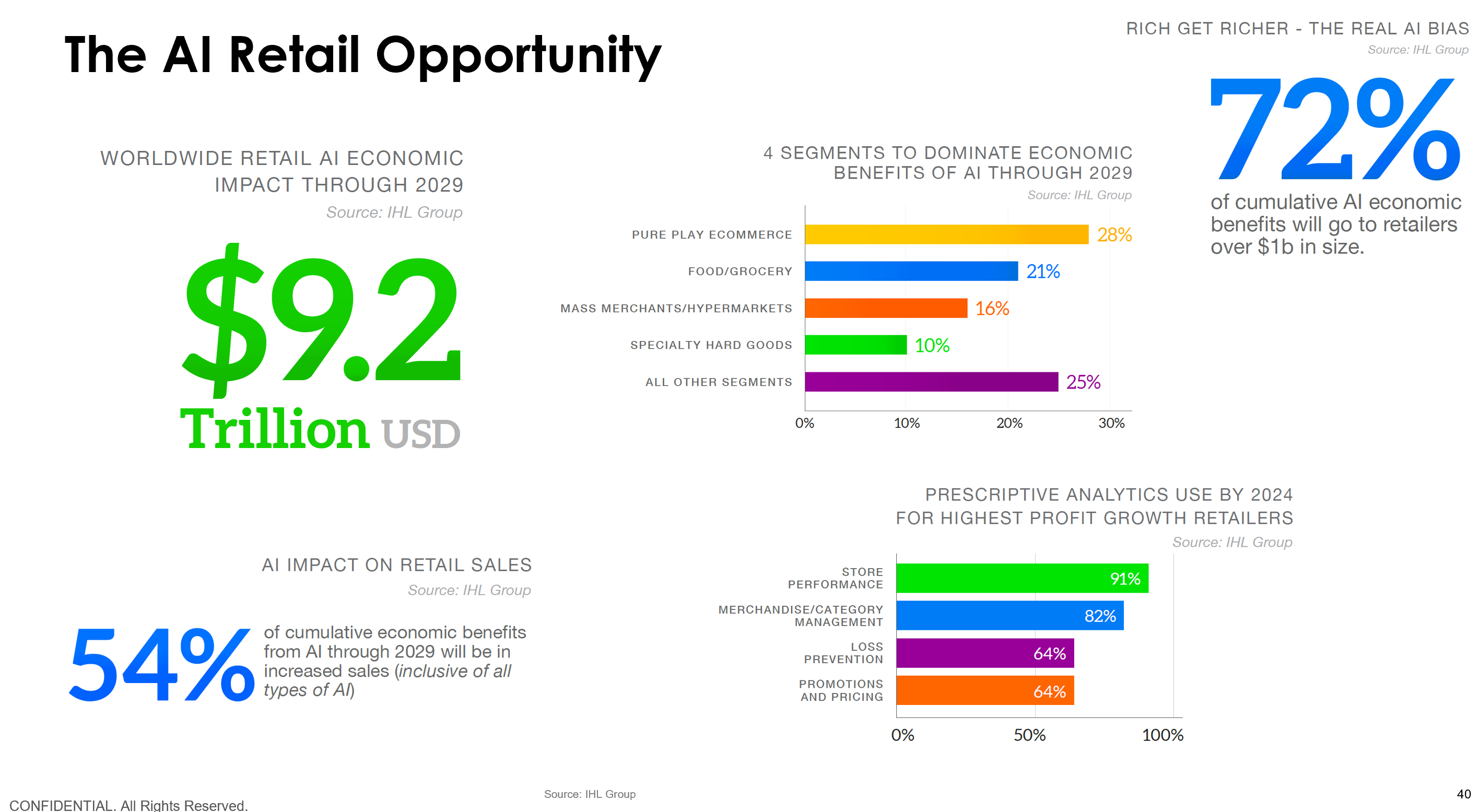
Four retail segments will dominate economic benefits: e-commerce, food / grocery, mass merchants / hypermarkets, and specialty hard goods. Nearly three quarters of the cumulative benefit will go to large retailers.
The AI Human Challenge
In March this year, a group of prominent scientists and tech industry leaders such as Elon Musk and Apple co-founder Steve Wozniak signed a public letter calling "on all AI labs to immediately pause for at least 6 months the training of AI systems more powerful than GPT-4. This pause should be public and verifiable, and include all key actors. If such a pause cannot be enacted quickly, governments should step in and institute a moratorium.”
In June, the EU European Parliament passed a draft law known as the AI Act which puts new restrictions on the riskiest uses of the technology. "It would severely curtail uses of facial recognition software, while requiring makers of A.I. systems like the ChatGPT chatbot to disclose more about the data used to create their programs." This initial vote is step closer to a final version that is expected later this year.
As the Pew Research Center pointed, only three in ten USA adults are able to identify common uses of AI.
![]()
"More broadly, the public remains cautious about the impact artificial intelligence is having on American life. Just 15% say they are more excited than concerned about the increasing use of AI in daily life, compared with 38% who are more concerned than excited; 46% express an equal mix of concern and excitement."
In anticipation of the Florida keynote, I conducted my own unscientific survey on LinkedIn which had a very high number of impressions. The interesting results: 47% believed in my survey that AI will dramatically improve our lives; 36% think it will destroy humanity; and the remaining 17% believe it's all hype.
This article is a just a small peek in the data intensive update that I shared in Florida on "The AI Disruptive Future of Retail". Again, if you would like a copy of the full presentation, reach out either on LinkedIn or through my personal website Contact Page. Open to your ideas on how to improve this content with additional data you find interesting.



